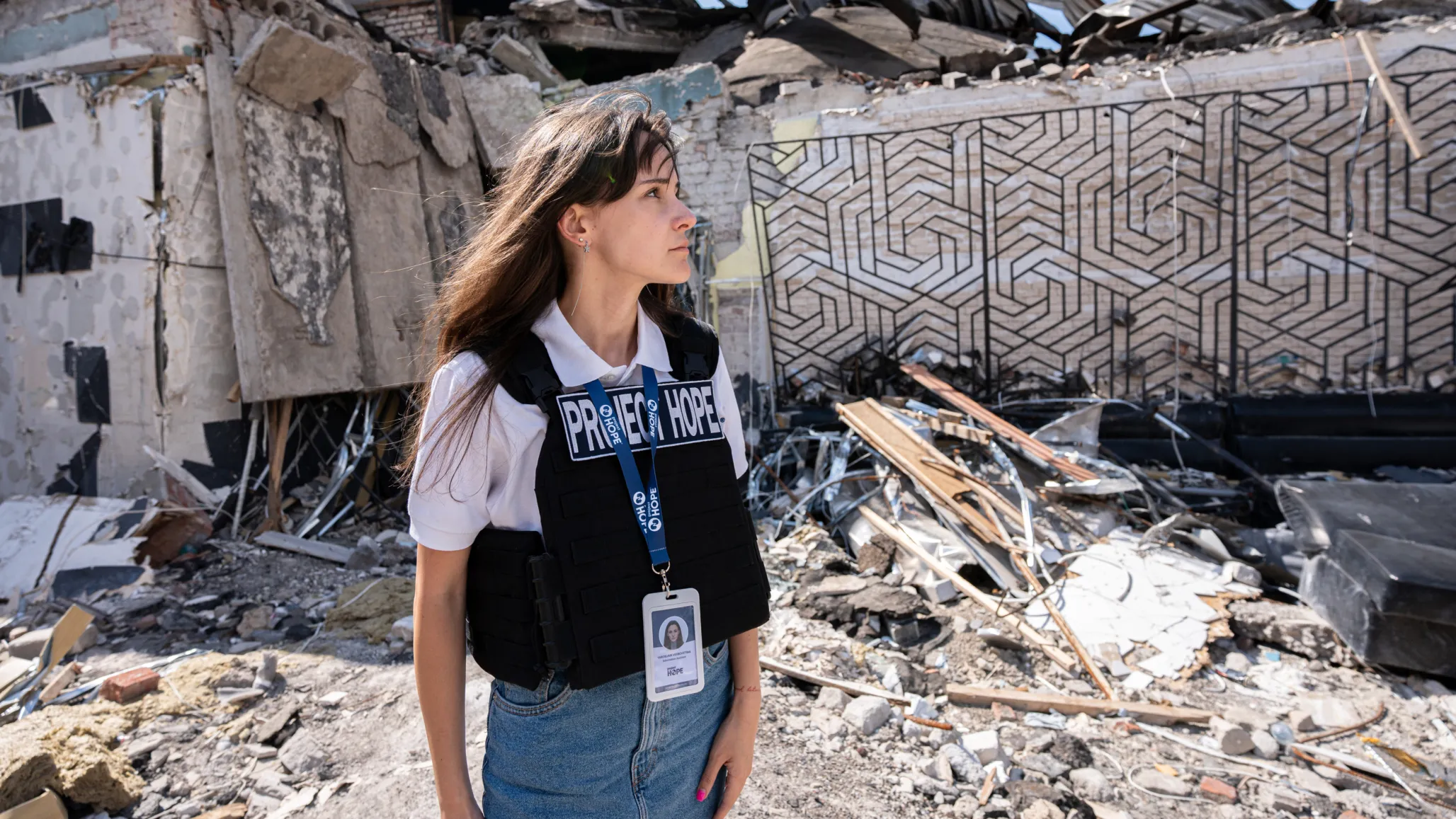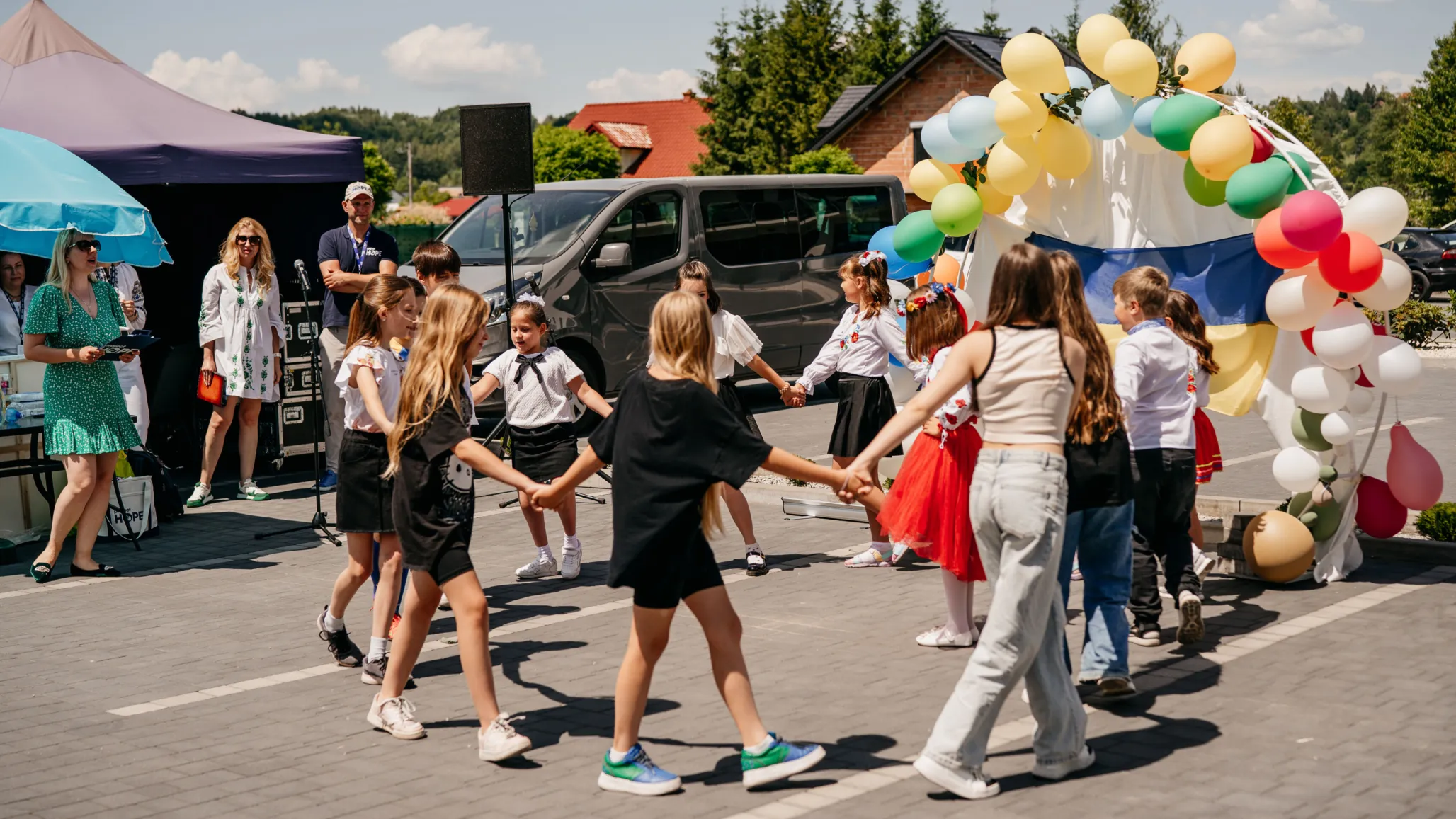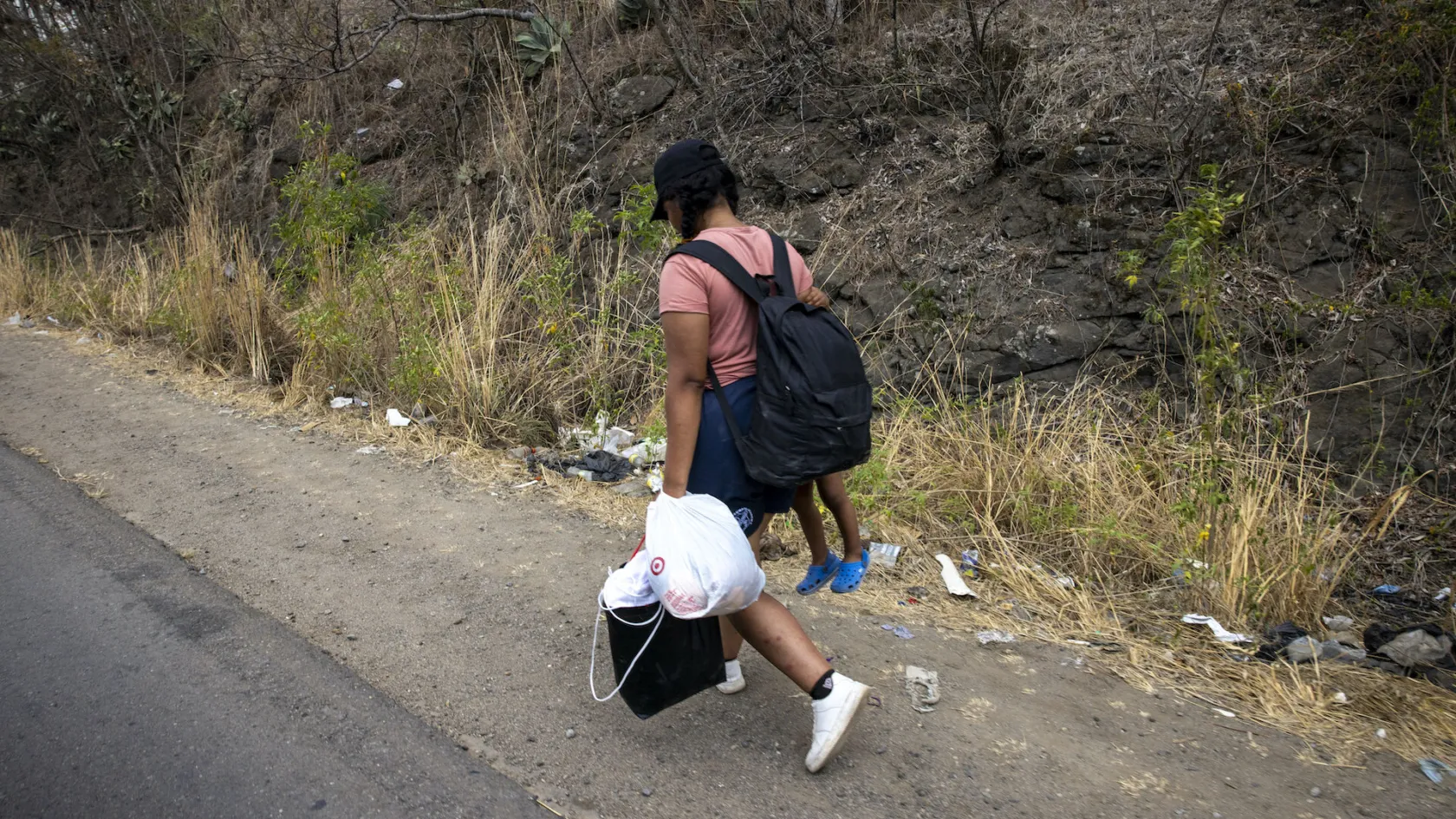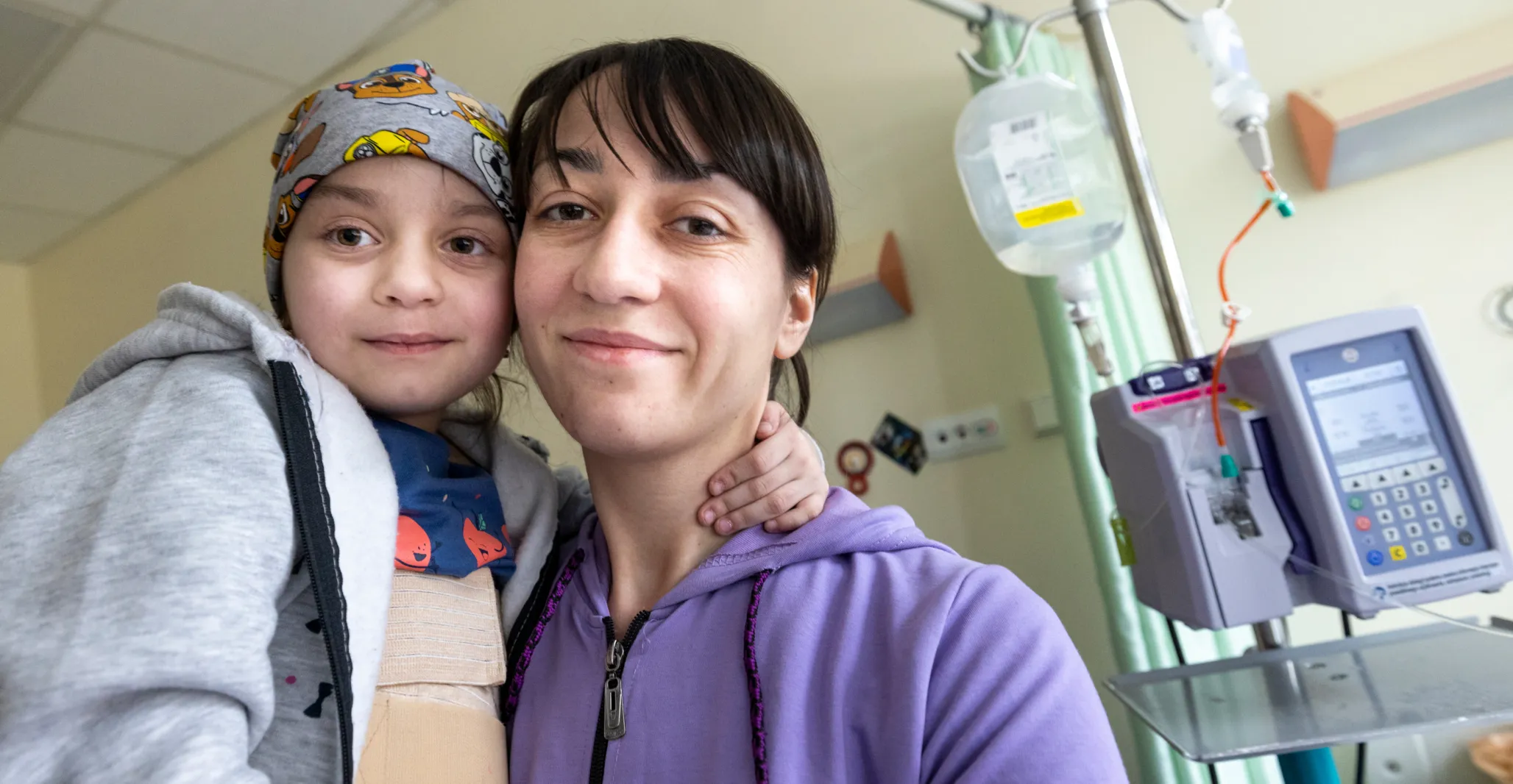

Poland
Helping Ukrainian refugees access primary and mental health care
The Context
More than 17 million Ukrainian refugees have crossed into Poland since Russia’s full-scale invasion began in February 2022. Today, nearly 1 million Ukrainians are living in Poland, almost all of whom are women and children — an increase in population that has put pressure on Poland’s health system to expand services. Though the primary and mental health care needs among refugees are high, there are many barriers to care, including language barriers, cost, and transportation.
Our Impact
Expanding Access to Mental Health Services
Project HOPE is improving access to mental health services for Ukrainian refugees and strengthening social services in Poland. Our team in Poland is running two mobile MHPSS units, bringing teams of psychologists, social workers, and other support staff to refugee accommodation centers and providing refugees with tailored psychological sessions, individualized support, social cohesion activities, art therapy, and group therapy sessions.
Project HOPE is also working to ensure that the larger community has access to mental health support. Project HOPE Polska developed and has begun training school health workers and education professionals through a specialized program designed to ensure they have the skills they need to support the unique needs of all children in host communities.
Previously, Project HOPE supported two local partners, Zustricz Foundation, an all-Ukrainian women local organization in Kraków, and Podkarpackie Stowarzyszenie dla Aktywnych Rodzin, both of which worked to bring MHPSS services to refugees and together reached more than 17,000 children and caregivers with Project HOPE’s support.
Supporting University Children’s Hospital in Kraków
To respond to the urgent health needs of Ukrainian refugees in Poland, Project HOPE’s emergency response team reactivated its long-standing relationship with University Children Hospital (UCH) in Kraków by supporting the establishment of a Ukrainian children’s ward and additional mental health programming. To date, UCH has seen and treated 5,660 children from Ukrainian refugee families through oncology and hematology; general surgery and emergencies; treatment in physiotherapy; and outpatient/consultation visits. In addition to the grant, Project HOPE purchased $98,000 worth of medical equipment for UCH.
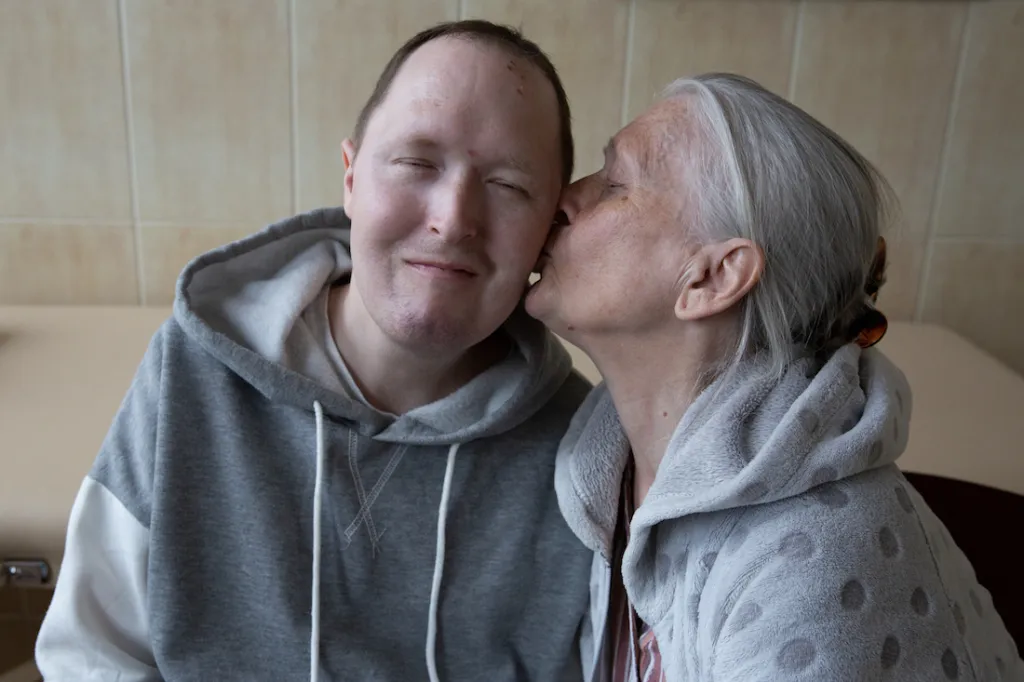
Strengthening Physical Therapy and Social Services
Project HOPE is supporting health, social, and municipal facilities strengthen the services available to Ukrainian refugees and local community members living with disabilities and those in need of physical rehabilitation services.
Our team in Poland has equipped Krakow Municipal Social Welfare Center, the Rehabilitation Center for Children with Advanced Disabilities in Lublin, refugee accommodation centers, nurseries, and other social service facilities with mobility aids, rehabilitation equipment, medical devices, and other furniture to ensure that health workers have what they need to care for patients and people with disabilities have what they need to thrive.
Project HOPE also previously supported Fundacja Dstępny Świat (Accessible World Foundation), a local organization based in Krakow, to open the SANUS Medical Center to provide physiotherapy, rehabilitation, and psychological support to Ukrainian refugees with disabilities, reaching total of 1,689 Ukrainian refugees living with disabilities.
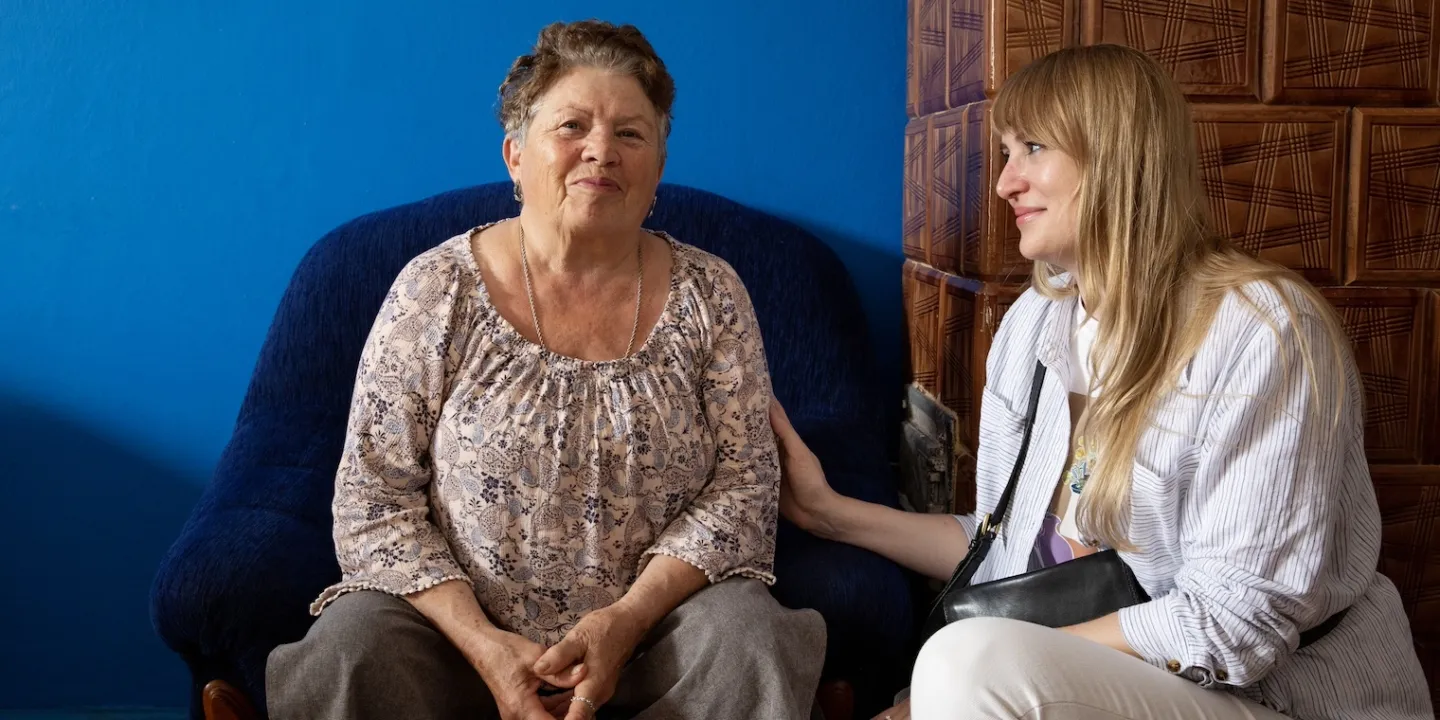
Our History in Poland
In 1974, Project HOPE was invited to assist the Polish-American Children’s Hospital (PACH) — now University Children’s Hospital of Krakow — to create education programs for health professionals serving the hospital, making it our longest-running relationship with a hospital in the world. We later completed a medical research facility adjacent to the hospital (1975), a 240-bed rehabilitation center (1988), a 16-bed center for newborns with an intensive care unit for premature infants (1990), and the Clement J. Zablocki Ambulatory Care Center (1996).
In 1996, we began the Managers for Reform of Polish Healthcare Program to support strategic planning, human resources, financial and operations management, health policy, and more. In 1998, we implemented a breast cancer awareness campaign for physicians, nurses, educators, psychologists, social workers, and breast cancer survivors. In 1999, Project HOPE began a multidisciplinary care of the special child and family program, training health workers who work with children with disabilities and their families and trained gastroenterology specialists to support the development of a Pediatric Gastroenterology Clinic. In 2009, Project HOPE launched a program for children with cancer to improve treatment outcomes.

